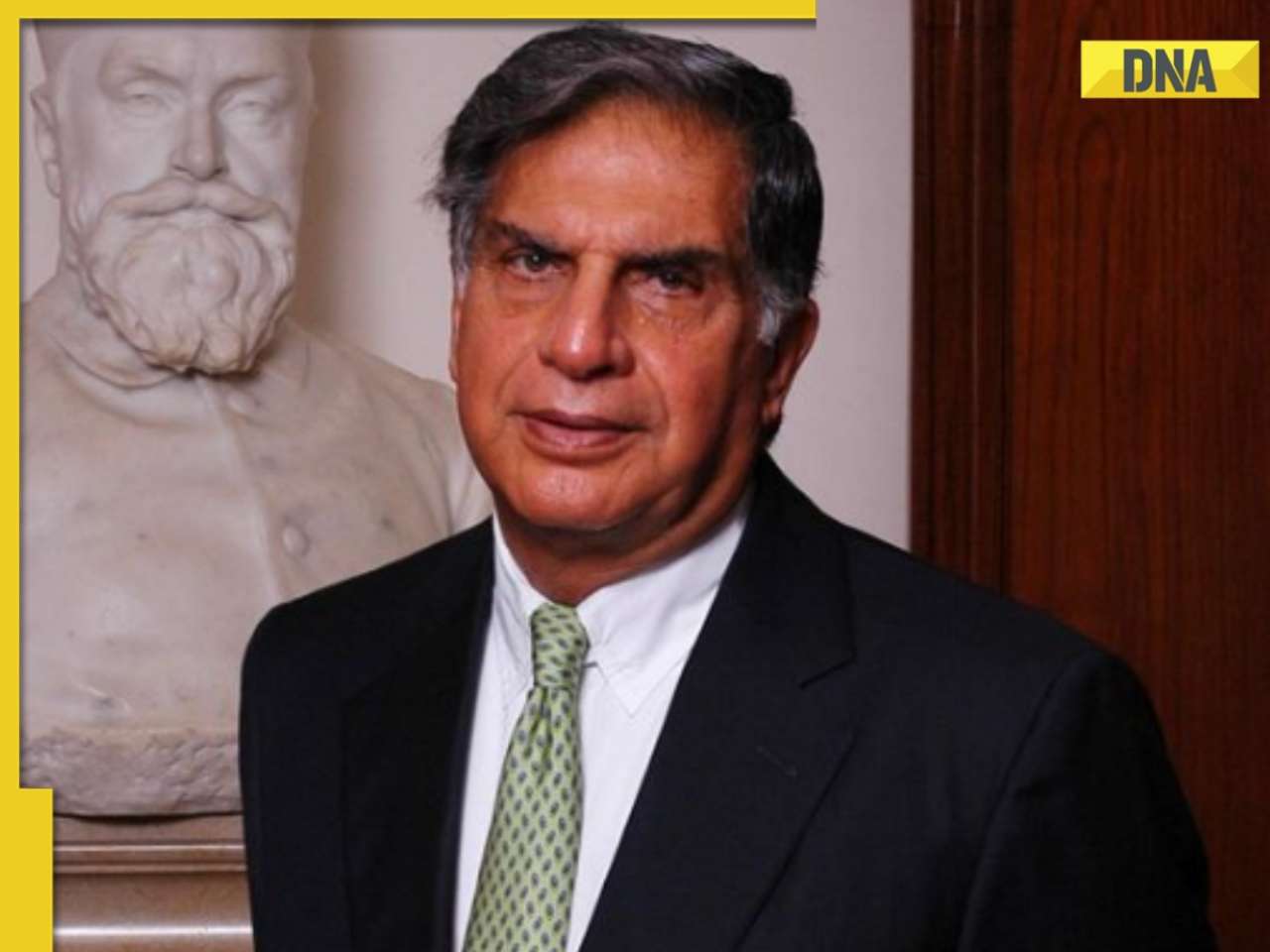A dry mouth is not a normal part of aging. If you think you have a dry mouth, see your dentist or doctor find out why your mouth is dry.
Saliva, or spit, is made by the salivary glands and is very important for a healthy mouth. It moistens and breaks down food, washes away food particles from the teeth and gums, and helps people with swallowing. In addition, saliva contains minerals such as calcium and phosphate that help keep teeth strong and fight tooth decay.
A dry mouth, also called xerostomia, is the condition of not having enough saliva to keep the mouth wet. Dry mouth can happen to anyone occasionally-for example, when nervous or stressed. However, when a dry mouth persists, it can make chewing, swallowing, and even talking difficult. A dry mouth also increases the risk of tooth decay or fungal infections in the mouth because saliva helps keep harmful germs in check.
A dry mouth is not a normal part of aging. If you think you have a dry mouth, see your dentist or doctor find out why your mouth is dry.
Causes
There are several possible causes of dry mouth:
Side effects of some medicines- Hundreds of medicines can cause the salivary glands to make less saliva. For example, medicines for high blood pressure, depression, and bladder-control issues often cause dry mouth.
Disease- Sjogren's syndrome, HIV/AIDS, and diabetes can all cause dry mouth.
Radiation therapy- The salivary glands can be damaged if they are exposed to radiation during cancer treatment.
Chemotherapy- Drugs used to treat cancer can make saliva thicker, causing the mouth to feel dry. Nerve damage. Injury to the head or neck can damage the nerves that tell salivary glands to make saliva.
Symptoms
Symptoms of dry mouth include:
- A sticky, dry feeling in the mouth
- Trouble chewing, swallowing, tasting, or speaking
- A burning feeling in the mouth
- A dry feeling in the throat
- Cracked lips
- A dry, rough tongue
- Mouth sores
- An infection in the mouth
- Bad breath
Treatment
Depending on the cause of your dry mouth, your healthcare provider can recommend the appropriate treatment. For example, if medication is causing dry mouth, the doctor or dentist may advise changing medications or adjusting the dosages or may prescribe a saliva substitute. There are also self-care steps you can take to help ease dry mouths, such as drinking plenty of water, chewing sugarless gum, and avoiding tobacco and alcohol. Good oral care at home and regular dental check-ups will help keep your mouth healthy.
![submenu-img]() Judge denies Alec Baldwin's plea to dismiss involuntary manslaughter charge in Rust shooting case, actor will now...
Judge denies Alec Baldwin's plea to dismiss involuntary manslaughter charge in Rust shooting case, actor will now...![submenu-img]() Rohit Sharma wakes up with T20 World Cup trophy beside him; pic goes viral
Rohit Sharma wakes up with T20 World Cup trophy beside him; pic goes viral![submenu-img]() NEET UG paper leak row: CBI arrests private school owner from Gujarat's Godhra
NEET UG paper leak row: CBI arrests private school owner from Gujarat's Godhra![submenu-img]() Bigg Boss OTT 3: Vishal Pandey argues with Anil Kapoor for this reason, host warns 'yeh khel bandh kar doon'
Bigg Boss OTT 3: Vishal Pandey argues with Anil Kapoor for this reason, host warns 'yeh khel bandh kar doon'![submenu-img]() Shaheen Afridi pays tribute to Rohit Sharma, Virat Kohli after legendary duo announce retirement from T20Is
Shaheen Afridi pays tribute to Rohit Sharma, Virat Kohli after legendary duo announce retirement from T20Is![submenu-img]() Meet man who lost eyesight at 8, after graduation got whopping job package at Microsoft, not from IIT, NIT, salary is...
Meet man who lost eyesight at 8, after graduation got whopping job package at Microsoft, not from IIT, NIT, salary is...![submenu-img]() Meet IAS officer, who cracked UPSC exam at 22, became a social media influencer, secured AIR...
Meet IAS officer, who cracked UPSC exam at 22, became a social media influencer, secured AIR...![submenu-img]() NEET-UG exam to be switched from pen-and-paper to online mode? Check latest update here
NEET-UG exam to be switched from pen-and-paper to online mode? Check latest update here![submenu-img]() UPSC Prelims Results 2024 expected soon, know how to download scorecard
UPSC Prelims Results 2024 expected soon, know how to download scorecard![submenu-img]() NEET UG re-exam result 2024 likely today at exams.nta.ac.in, UG medical counselling expected in July
NEET UG re-exam result 2024 likely today at exams.nta.ac.in, UG medical counselling expected in July![submenu-img]() DNA Verified: Did Kangana Ranaut party with gangster Abu Salem? Actress reveals who's with her in viral photo
DNA Verified: Did Kangana Ranaut party with gangster Abu Salem? Actress reveals who's with her in viral photo![submenu-img]() DNA Verified: New Delhi Railway Station to be closed for 4 years? Know the truth here
DNA Verified: New Delhi Railway Station to be closed for 4 years? Know the truth here![submenu-img]() DNA Verified: Did RSS chief Mohan Bhagwat praise Congress during Lok Sabha Elections 2024? Know the truth here
DNA Verified: Did RSS chief Mohan Bhagwat praise Congress during Lok Sabha Elections 2024? Know the truth here![submenu-img]() DNA Verified: Is CAA an anti-Muslim law? Centre terms news report as 'misleading'
DNA Verified: Is CAA an anti-Muslim law? Centre terms news report as 'misleading'![submenu-img]() DNA Verified: Lok Sabha Elections 2024 to be held on April 19? Know truth behind viral message
DNA Verified: Lok Sabha Elections 2024 to be held on April 19? Know truth behind viral message![submenu-img]() In pics: India beat South Africa by 7 runs to lift second T20 World Cup title
In pics: India beat South Africa by 7 runs to lift second T20 World Cup title![submenu-img]() Alia Bhatt mesmerises in gown, Ranbir Kapoor looks classy in tuxedo in latest romantic photos, fans say 'couple goals'
Alia Bhatt mesmerises in gown, Ranbir Kapoor looks classy in tuxedo in latest romantic photos, fans say 'couple goals'![submenu-img]() Newlyweds Sonakshi Sinha-Zaheer Iqbal pose candidly with paps; Anil Kapoor, Kajol, Huma Qureshi attend wedding reception
Newlyweds Sonakshi Sinha-Zaheer Iqbal pose candidly with paps; Anil Kapoor, Kajol, Huma Qureshi attend wedding reception![submenu-img]() Meet Lovekesh Kataria: Elvish Yadav's close friend, Bigg Boss OTT 3 contestant who lied to father, spent his fees on...
Meet Lovekesh Kataria: Elvish Yadav's close friend, Bigg Boss OTT 3 contestant who lied to father, spent his fees on...![submenu-img]() From Highway to Chandu Champion: 5 underrated gems from Sajid Nadiadwala
From Highway to Chandu Champion: 5 underrated gems from Sajid Nadiadwala![submenu-img]() Lok Sabha Speaker's Election: What does the Constitution say?
Lok Sabha Speaker's Election: What does the Constitution say?![submenu-img]() Explained: Why is Kerala demanding to change its name to Keralam?
Explained: Why is Kerala demanding to change its name to Keralam?![submenu-img]() DNA Explainer: What is Kafala system that is prevalent in gulf countries? Why is it considered extremely brutal?
DNA Explainer: What is Kafala system that is prevalent in gulf countries? Why is it considered extremely brutal? ![submenu-img]() Lok Sabha Elections 2024: What are exit polls? When and how are they conducted?
Lok Sabha Elections 2024: What are exit polls? When and how are they conducted?![submenu-img]() DNA Explainer: Why was Iranian president Ebrahim Raisi seen as possible successor to Ayatollah Khamenei?
DNA Explainer: Why was Iranian president Ebrahim Raisi seen as possible successor to Ayatollah Khamenei?![submenu-img]() Judge denies Alec Baldwin's plea to dismiss involuntary manslaughter charge in Rust shooting case, actor will now...
Judge denies Alec Baldwin's plea to dismiss involuntary manslaughter charge in Rust shooting case, actor will now...![submenu-img]() Bigg Boss OTT 3: Vishal Pandey argues with Anil Kapoor for this reason, host warns 'yeh khel bandh kar doon'
Bigg Boss OTT 3: Vishal Pandey argues with Anil Kapoor for this reason, host warns 'yeh khel bandh kar doon'![submenu-img]() Triptii Dimri reacts to being called 'national crush' after Animal's success: 'I always wanted...'
Triptii Dimri reacts to being called 'national crush' after Animal's success: 'I always wanted...'![submenu-img]() Gurmeet Choudhary calls trolls 'jobless people' who claim Debina Bonnerjee favours one daughter: 'Only fools could...'
Gurmeet Choudhary calls trolls 'jobless people' who claim Debina Bonnerjee favours one daughter: 'Only fools could...'![submenu-img]() Luv Sinha slams 'online campaign' against him for skipping Sonakshi Sinha's wedding with Zaheer Iqbal: 'My family...'
Luv Sinha slams 'online campaign' against him for skipping Sonakshi Sinha's wedding with Zaheer Iqbal: 'My family...'![submenu-img]() North Korea publicly executes 22-year-old man for listening to...
North Korea publicly executes 22-year-old man for listening to...![submenu-img]() Viral video: Little girl’s adorable dance to ‘Soulmate’ wins internet, watch
Viral video: Little girl’s adorable dance to ‘Soulmate’ wins internet, watch![submenu-img]() 'True motivation' : IAS officer and lawyer sibling duo's Instagram reel sparks pride across internet
'True motivation' : IAS officer and lawyer sibling duo's Instagram reel sparks pride across internet![submenu-img]() Before marriage to Shoaib Malik, Sania Mirza was linked to this actor, didn't...
Before marriage to Shoaib Malik, Sania Mirza was linked to this actor, didn't...![submenu-img]() Who's the king? Hippo confronts three lions in viral video, watch
Who's the king? Hippo confronts three lions in viral video, watch





































)

















)
)
)
)
)
)